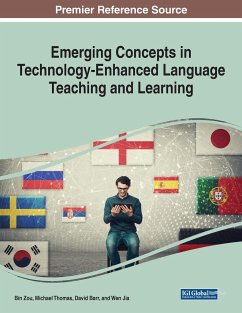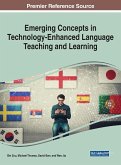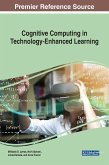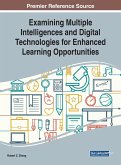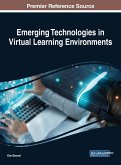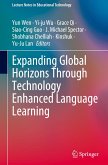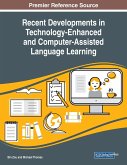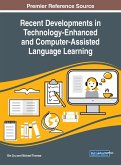For years, language teachers have increasingly been using technologies of all kinds, from computers to smartphones, to help their students learn. Current trends in TELTL (technology-enhanced language teaching and learning), such as artificial intelligence, virtual reality, augmented reality, gamification, and social networking, appear to represent major shifts in the digital language learning landscape. However, various applications of technology to mediate language learning may be informed by reflecting not only on the present but perhaps more importantly on relevant insights from past research and practice. Emerging Concepts in Technology-Enhanced Language Teaching and Learning explores the recent development of the new technologies for language teaching and learning to gain insights into and synergy of the theories, pedagogies, technological design, and evaluation of TELTL environments for comprehending the trends and strategies of the new digital era as well as investigate the possibility of future TELTL research direction. The book includes trends shaped by contemporary issues such as the COVID-19 pandemic. Covering topics such as digital education tools, L2 learnings, and sentiment analysis, this book serves as an essential resource for researchers, language teachers, educational software developers, administrators, IT consultants, technologists, professors, pre-service teachers, academicians, and students.

